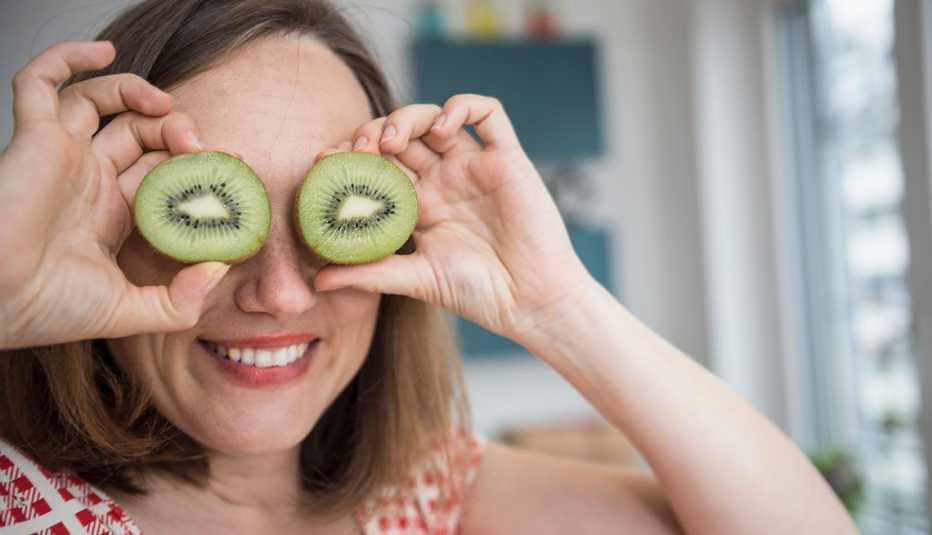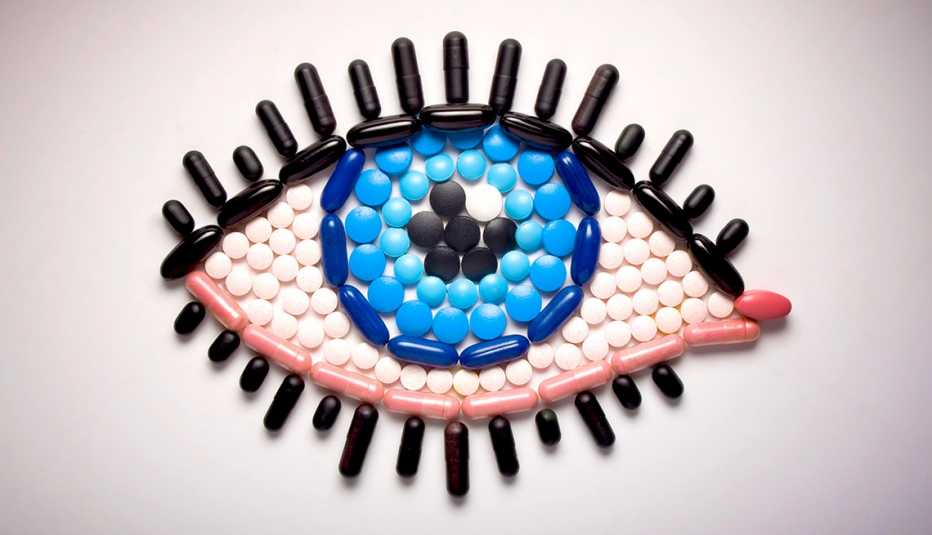Staying Fit


David Sheppard, 58, owner of a website in Baldwin Park, California, spends a lot of time online. But four years ago, he noticed that his eyes were red and irritated, and he had a hard time seeing after just a short time on his computer. His vision issues turned out to be due to age-related macular degeneration (AMD). It happens when aging damages the macula — the part of the retina that controls the direct line of sight — causing blurring and the eventual loss of central vision.
Sheppard’s doctor prescribed him a cocktail of specific vitamins shown to slow the progression of AMD. “Within a month or so I started to feel the difference,” he says. “I’ve learned that it’s very important to keep up with eye health, especially at my age and line of work.”


AARP Membership— $12 for your first year when you sign up for Automatic Renewal
Get instant access to members-only products and hundreds of discounts, a free second membership, and a subscription to AARP the Magazine.
Not everyone over 50 needs to take a supplement to preserve their vision. But some nutrients seem to be essential for healthy eyes.
The superstars of eye nutrition are disease-fighting antioxidants like vitamins C and E, which reduce damaging oxidation and protect the eyes from conditions like AMD and glaucoma. “Whether it’s UV light from the sun, smoking or exposures in our diets, our cells are undergoing oxidative stress,” says Michelle Andreoli, M.D., an ophthalmologist at the Northwestern University Feinberg School of Medicine and a clinical spokesperson for the American Academy of Ophthalmology.
“Plant pigments like beta carotene and lutein are also thought to be important,” says Elizabeth Johnson, adjunct associate professor at the Tufts University Friedman School of Nutrition Science and Policy.
To keep your vision keen, Andreoli suggests filling your plate with dark-colored fruits and vegetables — "the spinaches, kales and blackberries of the world,” she says. “Eat things that crunch — and the darker they are, the better they are for you.”
Here are the six top vitamins that promote eye health and the best ways to get them. Because many vitamins and supplements can interact with prescription drugs, make sure you check with your doctor before starting any new ones.
1. Vitamin A (and beta carotene)
Vitamin A is absolutely essential for vision, Johnson says. A deficiency can cause night blindness, particularly among older individuals, and if it progresses, permanent blindness can result. Beta carotene is thought to be important because it’s a precursor of vitamin A.





































































More From AARP
Supplements that don't lower cholesterol
A new study tests six common supplements for heart health
6 Eye Symptoms You Should Never Ignore
In many cases, catching a problem early could help save your vision
The 3 Supplements You Might Actually Need After 50
When it comes to vitamins and minerals, there's no need to take multiple pills
Recommended for You